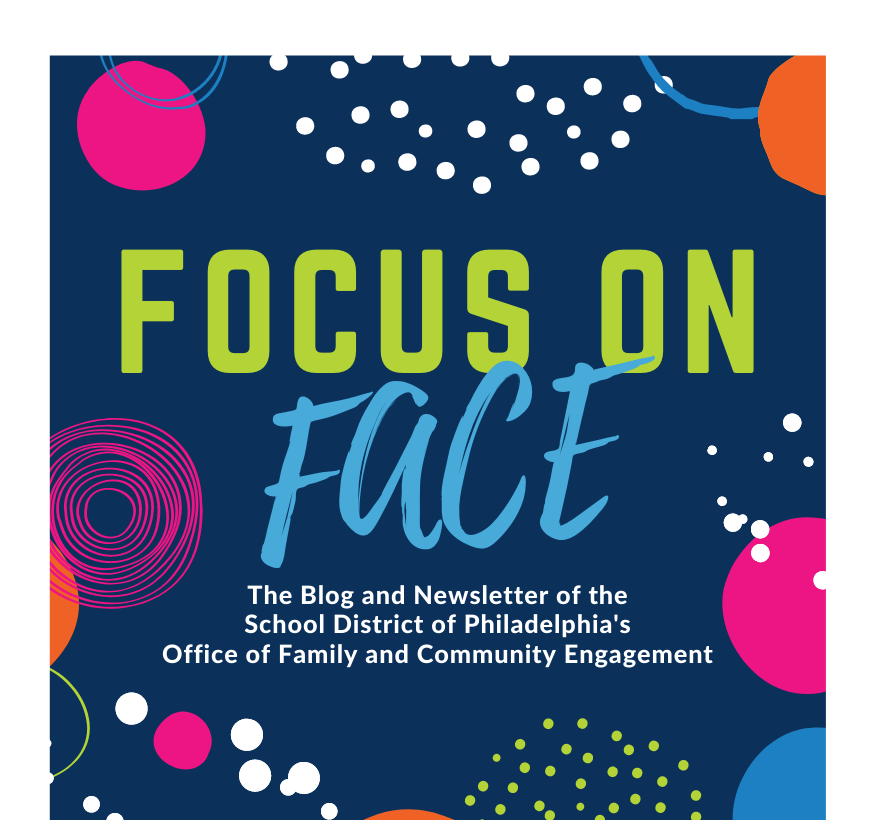 In Scotland, families are highly encouraged to become more involved in their child’s education. In fact, family engagement is one of the main priorities of Scottish schools. Why? Scotland realizes that increased family engagement provides numerous benefits to students as well as parents. For example, students make better grades, have higher test scores, have better attendance, and even have higher self-esteem. Families are more confident in their parenting abilities, and they have improved perceptions of the school and are therefore able to create stronger ties with teachers. In recent years, Scotland has become even more cognizant of these benefits and has made active efforts to increase family engagement in education.
In Scotland, families are highly encouraged to become more involved in their child’s education. In fact, family engagement is one of the main priorities of Scottish schools. Why? Scotland realizes that increased family engagement provides numerous benefits to students as well as parents. For example, students make better grades, have higher test scores, have better attendance, and even have higher self-esteem. Families are more confident in their parenting abilities, and they have improved perceptions of the school and are therefore able to create stronger ties with teachers. In recent years, Scotland has become even more cognizant of these benefits and has made active efforts to increase family engagement in education.
In 2010, the Scottish government introduced the “Curriculum for Excellence” in schools in order to make Scotland’s students successful learners who are confident in their abilities, responsible citizens, and active contributors to society. The Curriculum for Excellence not only provides new and updated methods for teaching and enrichment, but also outlines the importance of family engagement in education by providing guidelines on how parents and family members can become more involved with their child’s learning. This supports Scotland’s goal of focusing on the well-being and success of students overall.
This is not the first instance in which the Scottish government recognized that family engagement and involvement plays a significant role in a child’s education. Back in 2006, the Scottish Parliament passed a bill called the Scottish Schools Parental Involvement Act, which aims to assist families in becoming more involved with their children’s education and learning, support families in becoming more active participants in education in Scotland, and encourages families to more openly express their views on education.
 The Scottish Schools Parental Involvement Act outlines steps schools should take in order to provide more opportunities for family engagement in schools. Some of these steps include the abolition of School Boards in favor of establishing councils to represent families and students that reflect the school’s population and to create a development plan for the school with special attention to ways parents and families can be involved in this development.
The Scottish Schools Parental Involvement Act outlines steps schools should take in order to provide more opportunities for family engagement in schools. Some of these steps include the abolition of School Boards in favor of establishing councils to represent families and students that reflect the school’s population and to create a development plan for the school with special attention to ways parents and families can be involved in this development.
The composition and goals of the councils outlined in the Scottish Schools Parental Involvement Act of 2006 seem very similar to the School Advisory Councils that exist in our own schools here in Philadelphia. Both SACs and these Scottish councils are made up of families, students, and staff. SACs go one step further and invite community members to participate in and contribute to the discussion as well.
Furthermore, both the Scottish school councils and SACs work towards a similar goal of development and improvement within the school. SACs have three major goals that they strive to work towards: supporting academic achievement, improving school climate and culture, and strengthening family engagement. The legislation that regulates the Scottish school councils does not spell out specific goals but rather states that the councils should be working towards general school development and improvement.
It is important to have an organized—and collaborative—way to make strides towards school improvement. Scottish school councils and SACs help achieve this: both are also outlets through which schools can invite families and community members to become more involved in the decisions that the school makes and also collect ideas and feedback from people who may not be in the schools everyday but are still important stakeholders.
Family engagement and parental involvement are recognized as important factors in a child’s education not only in the United States, but also in other countries around the world. In Scotland, the Scottish government mandates that families become more involved with schools and education and also regulates outlets through which increased family engagement can occur. The national school curriculum even incorporates family engagement as an imperative part of providing a well-rounded education to Scottish children. Scotland emphasizes the positive role that family engagement can play in education and sets an impressive example that the rest of the world should learn to follow.
Sources:
- http://engagingparentsinschool.edublogs.org/category/countries-other-than-u-s/
- http://www.telegraph.co.uk/news/2017/09/03/scottish-curriculum-could-disastrous-pupils-academics-scared/
- https://www.education.gov.scot/scottish-education-system/policy-for-scottish-education/developing-the-education-profession/Parental%20engagement%20and%20family%20learning

